Home>Maintenance & Safety>Home Maintenance Checklists>How To Get Rid Of Fruit Flies In Trash Can


Home Maintenance Checklists
How To Get Rid Of Fruit Flies In Trash Can
Published: January 17, 2024
Learn how to effectively eliminate fruit flies in your trash can with our comprehensive home maintenance checklists. Keep your home clean and pest-free!
(Many of the links in this article redirect to a specific reviewed product. Your purchase of these products through affiliate links helps to generate commission for Storables.com, at no extra cost. Learn more)
Introduction
Welcome to the ultimate guide on banishing those pesky fruit flies from your trash can! Dealing with fruit flies buzzing around your kitchen can be incredibly frustrating, especially when they seem to be making a beeline for your trash can. These tiny insects are not only a nuisance but can also pose a hygiene concern. However, fear not, as we have all the tips and tricks you need to reclaim your kitchen from these unwanted visitors.
Before we delve into the solutions, let’s take a moment to understand these tiny pests and why they are drawn to your trash can. Once we grasp the root of the problem, we can effectively tackle it and prevent future infestations. From simple preventive measures to natural remedies and cleaning techniques, we’ve got you covered. Say goodbye to fruit flies and hello to a fresh, fly-free kitchen!
Key Takeaways:
- Keep fruit flies at bay by sealing organic waste, regularly cleaning your trash can, and using natural deterrents like citrus peels and essential oils. A proactive approach can prevent infestations and maintain a hygienic kitchen.
- Combat fruit flies with DIY traps, commercial baits, and natural remedies like vinegar traps and herbal sachets. By reducing their population and preventing egg-laying, you can reclaim your kitchen from these persistent pests.
Understanding Fruit Flies
Before we jump into the tactics to eliminate fruit flies from your trash can, it’s essential to understand these persistent pests. Fruit flies, scientifically known as Drosophila melanogaster, are small insects measuring about 1/8 inch in length. They are attracted to decaying organic matter, particularly fruits and vegetables, which explains their presence around your trash can.
These flies have a remarkably short life cycle, completing the entire process from egg to adult in as little as eight to ten days. This rapid reproductive rate is why a small fruit fly problem can quickly escalate into a full-blown infestation if left unchecked.
One of the most intriguing aspects of fruit flies is their keen sense of smell. They can detect the scent of ripened fruits and vegetables from a considerable distance, making your kitchen an irresistible destination. Once inside, they lay their eggs on the surface of fermenting foods, perpetuating the cycle of infestation.
Understanding the behavior and attraction of fruit flies to your trash can is vital in devising effective strategies to eliminate them. By addressing the root cause of their presence and implementing preventive measures, you can significantly reduce the likelihood of future infestations.
Prevention Tips
Preventing fruit flies from infiltrating your trash can and kitchen is the first line of defense against these persistent pests. By implementing a few simple practices, you can minimize the risk of a fruit fly infestation and maintain a clean and welcoming environment in your home.
Here are some effective prevention tips:
- Proper Disposal of Organic Waste: Seal organic waste, such as fruit peels, vegetable scraps, and other food remnants, in airtight bags before disposing of them in the trash can. This prevents the release of enticing odors that attract fruit flies.
- Regular Trash Removal: Empty your trash can frequently, especially if it contains organic waste. Consider using trash bags with built-in odor control to minimize the attraction for fruit flies.
- Sanitize the Trash Can: Regularly clean and disinfect your trash can to eliminate any lingering odors and food residue that may attract fruit flies.
- Secure Trash Can Lids: Use trash cans with tight-fitting lids to prevent fruit flies from accessing the contents. If your trash can doesn’t have a lid, consider covering it with a large, sturdy trash bag and secure it tightly with a rubber band.
- Inspect Fruits and Vegetables: Check for overripe or damaged fruits and vegetables before storing them in your kitchen. Promptly discard any spoiled produce to prevent fruit flies from breeding in your home.
- Seal Cracks and Openings: Seal any gaps or cracks around windows, doors, and screens to prevent fruit flies from entering your home.
By incorporating these preventive measures into your routine, you can significantly reduce the likelihood of fruit fly infestations and maintain a hygienic and pleasant living space.
Cleaning the Trash Can
Regularly cleaning your trash can is a crucial step in eliminating fruit flies and preventing their return. Over time, food residue, spills, and lingering odors can accumulate in the trash can, creating an attractive environment for fruit flies to thrive. By following a few simple cleaning techniques, you can effectively remove any lingering odors and organic matter, making your trash can less appealing to these persistent pests.
Here’s how to clean your trash can effectively:
- Empty the Trash Can: Begin by emptying the contents of the trash can and removing any remaining trash bags. Take the opportunity to inspect the interior for any food residue or spills that may have accumulated.
- Scrub with Soap and Water: Using a mixture of hot water and mild dish soap, thoroughly scrub the interior and exterior of the trash can. Pay close attention to any areas where food residue may have adhered, such as the bottom and sides of the can.
- Rinse and Dry: After scrubbing, rinse the trash can with clean water to remove any soapy residue. Allow the trash can to air dry completely before placing a new trash bag inside.
- Disinfect with Vinegar: For an extra layer of odor elimination and disinfection, consider using a solution of water and white vinegar to wipe down the interior of the trash can. Vinegar’s natural acidity helps neutralize odors and inhibit the growth of bacteria.
- Use Baking Soda: Sprinkling a small amount of baking soda in the bottom of the trash can before inserting a new trash bag can help absorb odors and moisture, further deterring fruit flies.
By incorporating regular trash can cleaning into your household routine, you can effectively eliminate lingering odors and food residue, making your trash can a less appealing breeding ground for fruit flies. This proactive approach, combined with proper waste disposal, forms a formidable defense against these persistent pests.
To get rid of fruit flies in the trash can, make sure to keep the trash can clean and dry, and dispose of any ripe or rotting fruits and vegetables in a sealed bag. You can also use a mixture of vinegar and dish soap as a trap to catch and eliminate the fruit flies.
Using Traps and Baits
When dealing with a persistent fruit fly problem, employing traps and baits can be an effective strategy to capture and eliminate these tiny pests. By strategically placing traps near your trash can and in other areas where fruit flies are prevalent, you can significantly reduce their population and prevent further infestations.
Here are some effective methods for using traps and baits to combat fruit flies:
- DIY Fruit Fly Traps: Create your own fruit fly traps using common household items. A popular DIY trap involves placing a small amount of apple cider vinegar in a container, adding a few drops of dish soap to break the surface tension, and covering the container with plastic wrap secured with a rubber band. Poke small holes in the plastic wrap to allow fruit flies to enter but make it difficult for them to escape.
- Commercial Fruit Fly Traps: Consider using commercially available fruit fly traps, which are designed to attract and capture fruit flies. These traps often use non-toxic bait to lure fruit flies into the container, where they become trapped and unable to escape.
- Baited Jar Traps: Place a small amount of ripe or overripe fruit, such as a piece of banana or mango, in a jar and cover it with plastic wrap secured with a rubber band. Poke small holes in the plastic wrap to allow fruit flies to enter and become trapped inside the jar.
- Strategic Placement: Position the traps near your trash can and in areas where fruit flies are frequently seen, such as near fruit bowls, compost bins, and sink drains. Regularly monitor the traps and replace them as needed.
By deploying these traps and baits, you can capture and eliminate adult fruit flies, reducing their population and preventing them from laying eggs in your trash can and kitchen. This proactive approach, combined with preventive measures, forms a comprehensive strategy to combat fruit fly infestations.
Natural Remedies
When it comes to combating fruit flies in your trash can, natural remedies offer an effective and environmentally friendly approach to eliminating these persistent pests. By harnessing the power of natural ingredients and scents, you can deter fruit flies and prevent infestations without resorting to harsh chemicals.
Here are some natural remedies to help banish fruit flies from your trash can and kitchen:
- Essential Oils: Certain essential oils, such as lemongrass, lavender, and peppermint, are known for their insect-repelling properties. Create a natural repellent by mixing a few drops of essential oil with water in a spray bottle and misting it around your trash can and kitchen area.
- Citrus Peels: The scent of citrus, particularly lemon and orange peels, is highly effective in repelling fruit flies. Place citrus peels in and around your trash can to deter fruit flies from approaching the area.
- Vinegar Traps: Use apple cider vinegar as a natural bait to attract and trap fruit flies. Fill a small container with apple cider vinegar, add a few drops of dish soap to break the surface tension, and place it near your trash can. The scent of the vinegar will lure fruit flies, while the dish soap will prevent them from escaping.
- Herbal Sachets: Create herbal sachets using dried herbs such as rosemary, thyme, or mint. Place these sachets near your trash can and in areas where fruit flies are prevalent to repel them with natural scents.
- Clean with Natural Ingredients: When cleaning your trash can and kitchen surfaces, opt for natural cleaning solutions such as a mixture of water, white vinegar, and baking soda. These natural ingredients help eliminate odors and discourage fruit flies from lingering in your home.
By incorporating these natural remedies into your fruit fly management strategy, you can create an inhospitable environment for these pests while maintaining a safe and eco-friendly living space. These natural solutions not only combat fruit flies effectively but also contribute to a healthier and more sustainable home environment.
Conclusion
Congratulations! You’ve now equipped yourself with a comprehensive arsenal of strategies to rid your trash can of fruit flies and prevent future infestations. By understanding the behavior of fruit flies, implementing preventive measures, maintaining a clean environment, using traps and baits, and harnessing natural remedies, you can reclaim your kitchen from these persistent pests and enjoy a fly-free living space.
Remember, the key to effective fruit fly management lies in proactive prevention and consistent maintenance. By sealing organic waste, regularly cleaning your trash can, and employing natural deterrents, you can significantly reduce the likelihood of fruit fly infestations and maintain a hygienic environment in your home.
As you embark on your journey to eliminate fruit flies from your trash can, consider incorporating these strategies into your daily routine to create a formidable defense against these tiny pests. By adopting a proactive approach and embracing natural remedies, you can achieve long-term success in keeping fruit flies at bay.
With your newfound knowledge and proactive mindset, you can bid farewell to fruit flies and welcome a fresh, clean, and fruit fly-free kitchen. Say goodbye to buzzing nuisances and hello to a pristine living space where you can enjoy the fruits of your labor without unwanted visitors.
Here’s to a kitchen that’s free from fruit flies and filled with nothing but warmth, comfort, and the delightful aromas of your favorite meals. Cheers to a fly-free future!
Frequently Asked Questions about How To Get Rid Of Fruit Flies In Trash Can
Was this page helpful?
At Storables.com, we guarantee accurate and reliable information. Our content, validated by Expert Board Contributors, is crafted following stringent Editorial Policies. We're committed to providing you with well-researched, expert-backed insights for all your informational needs.
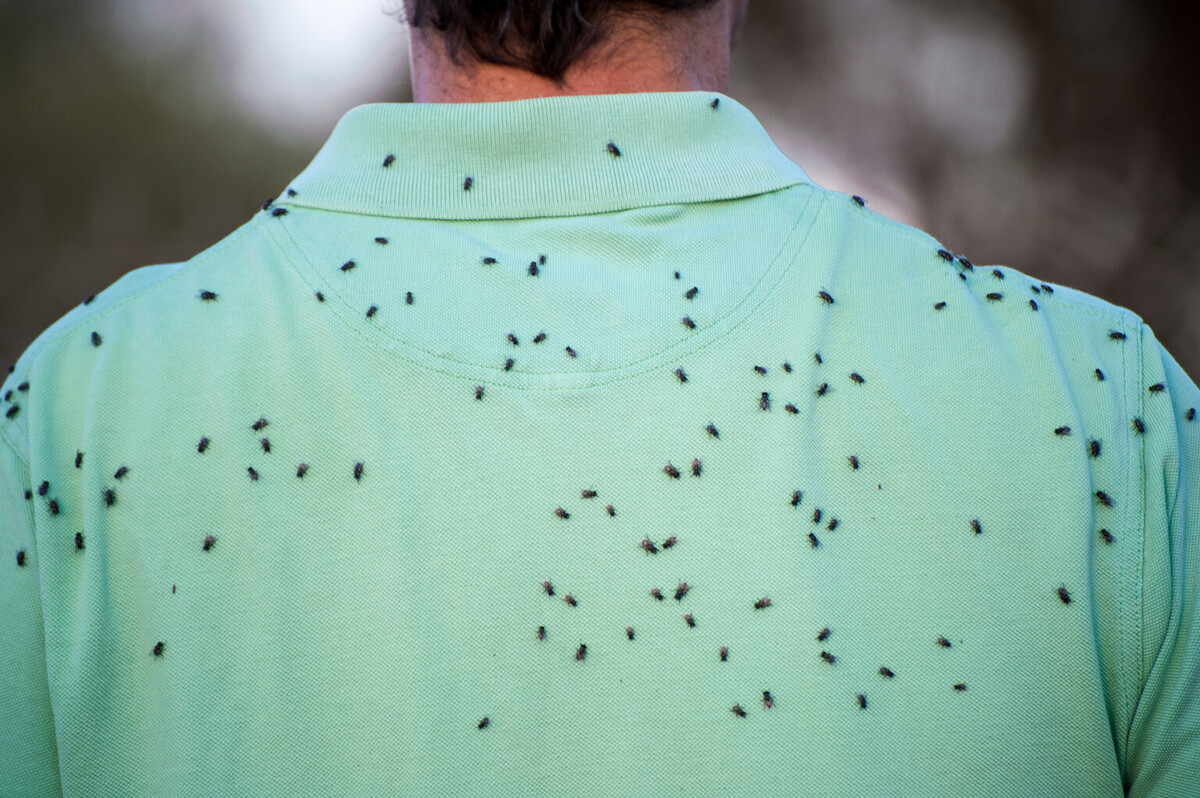
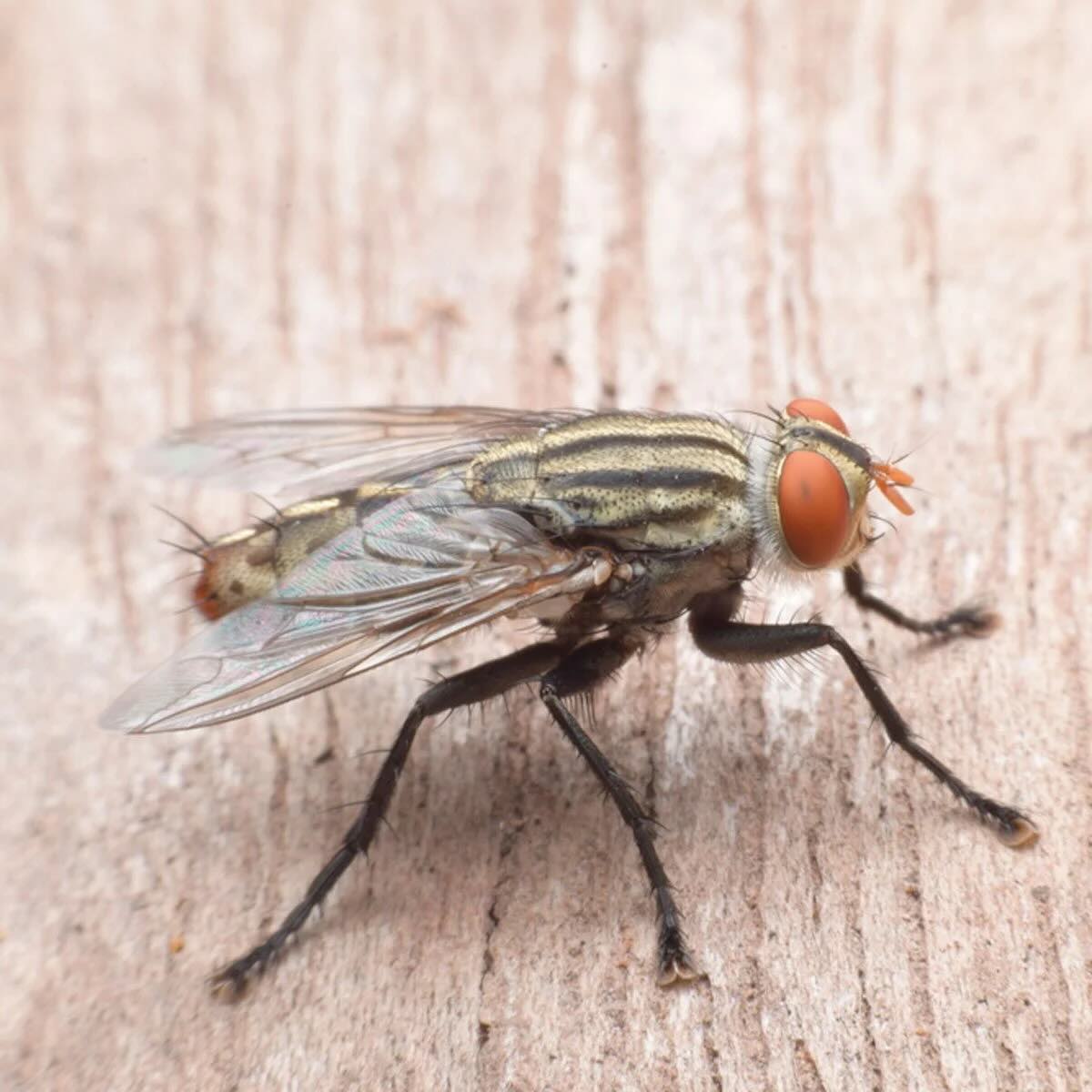
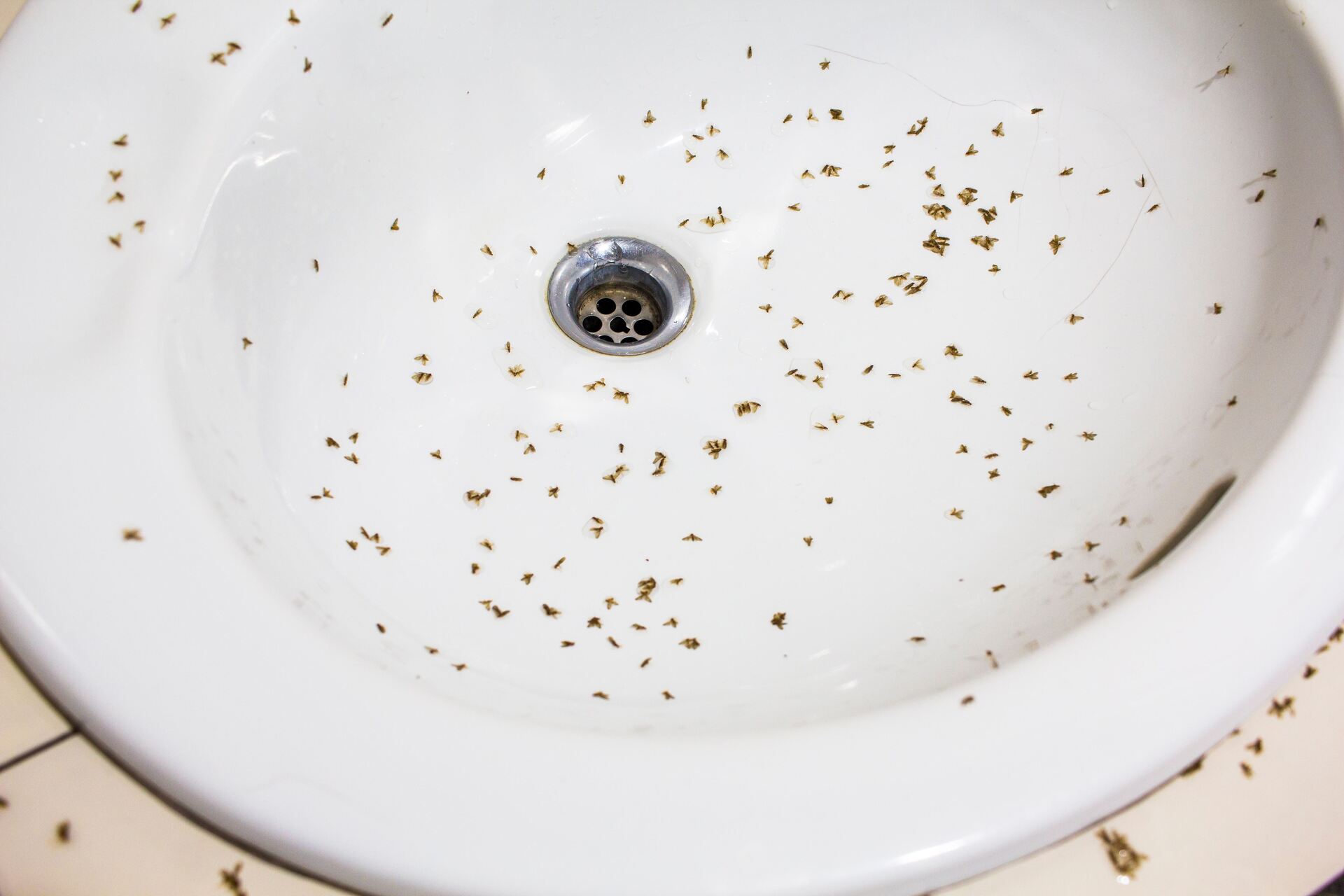
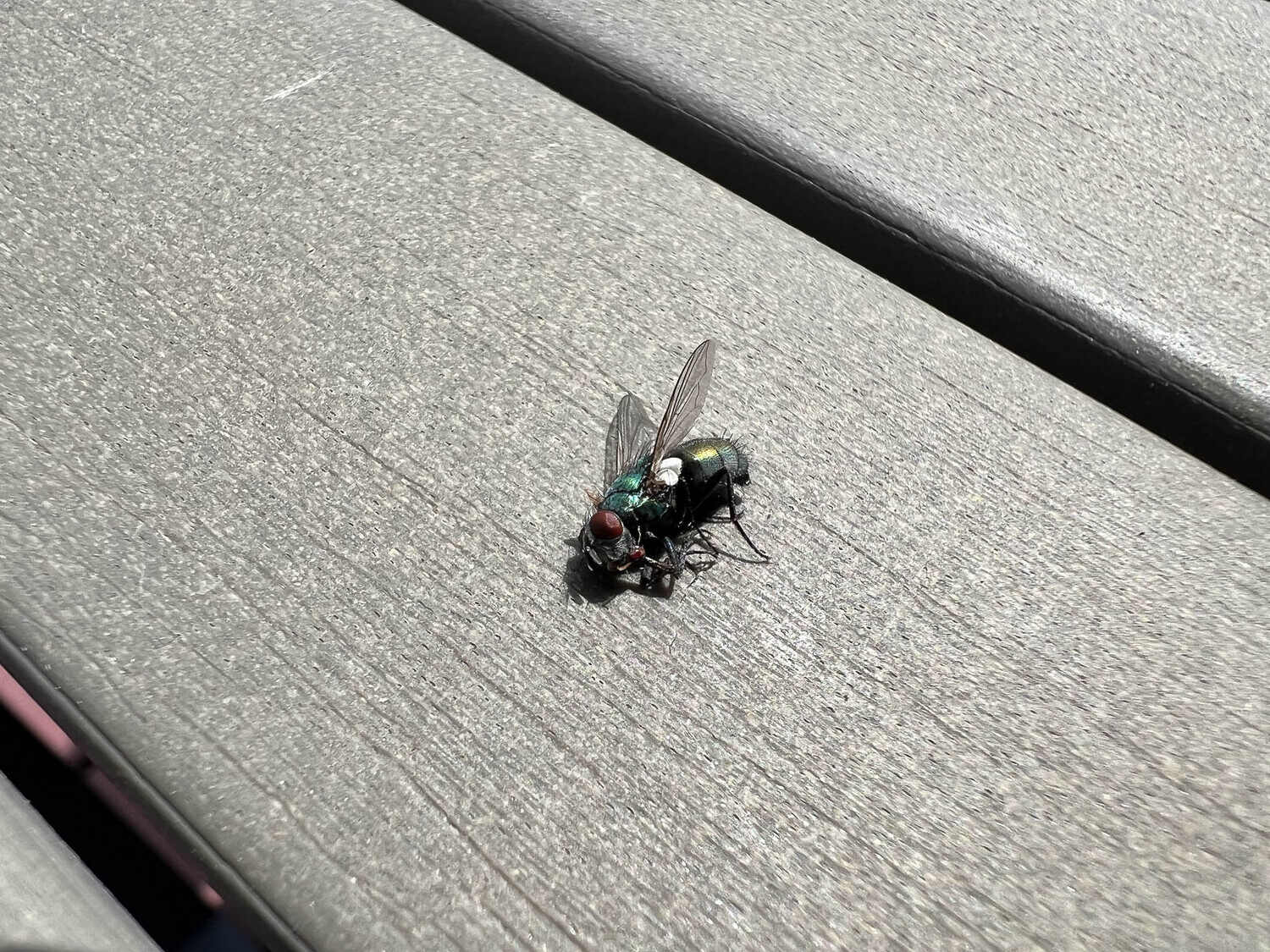
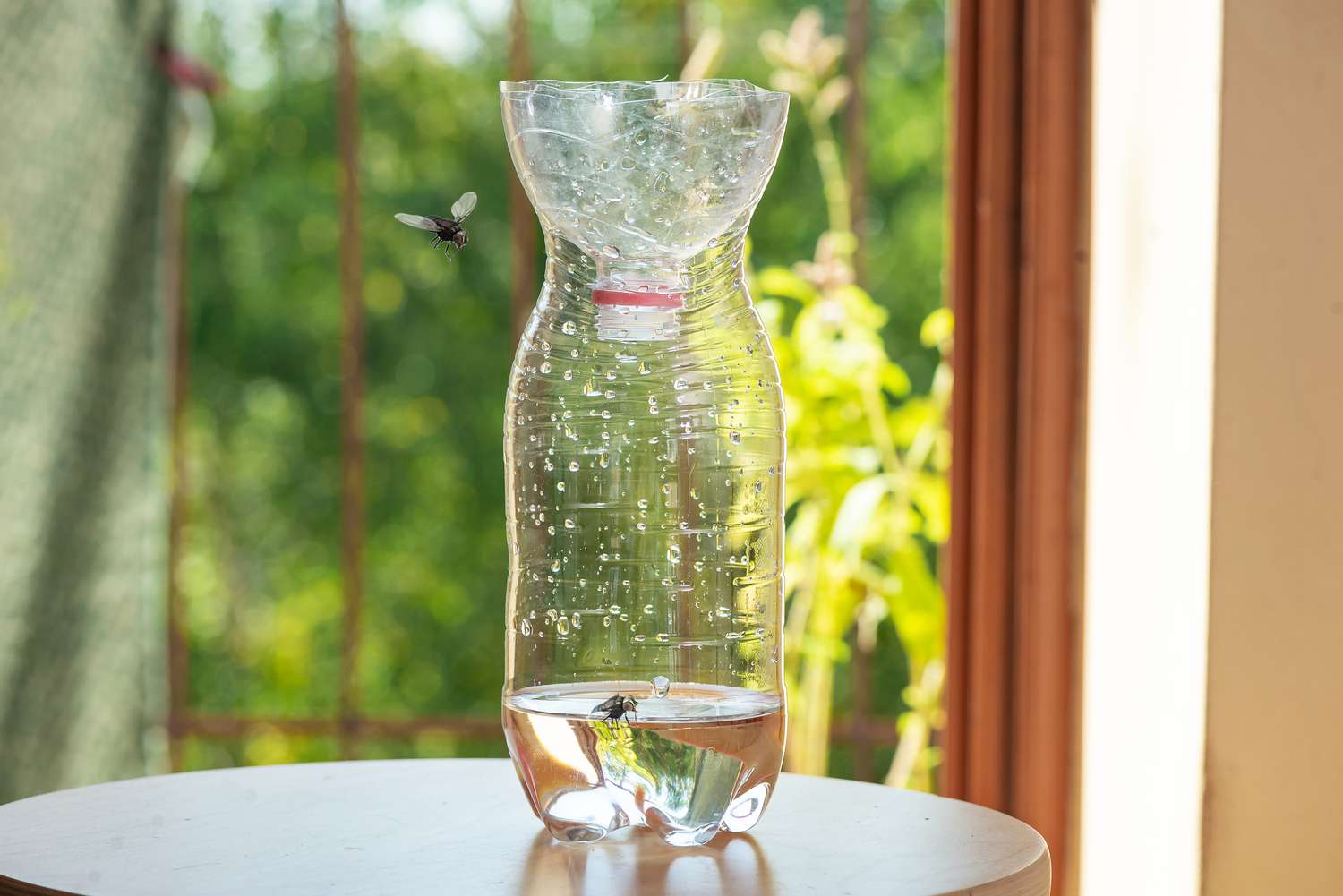
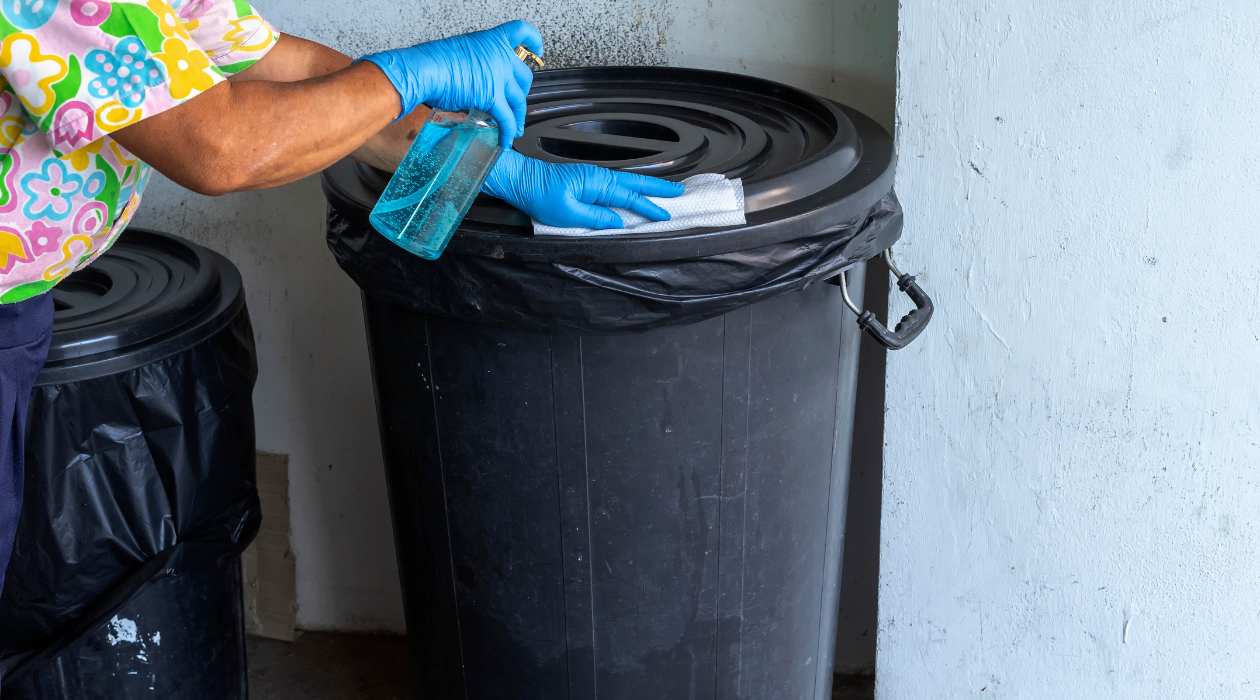
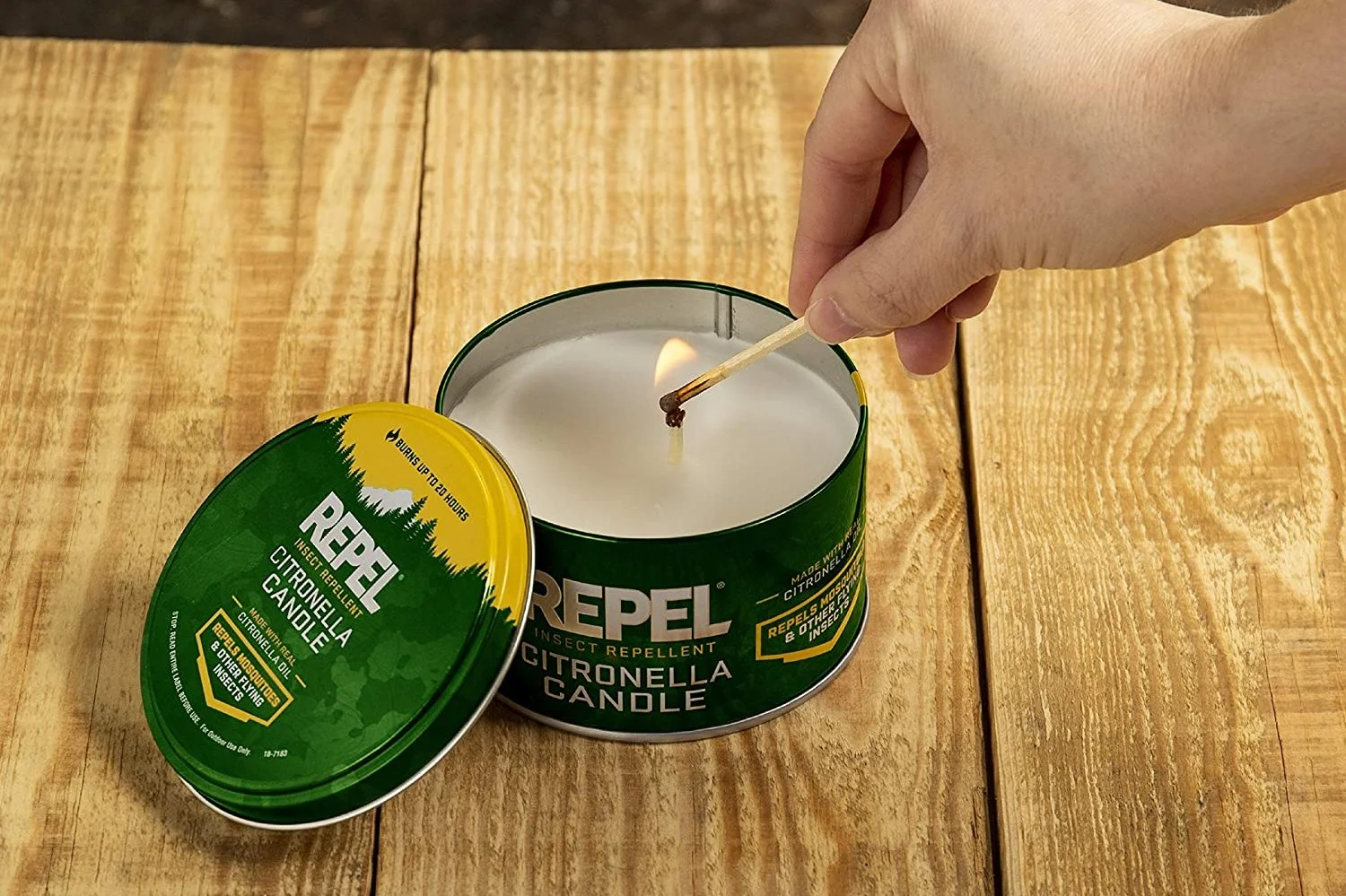
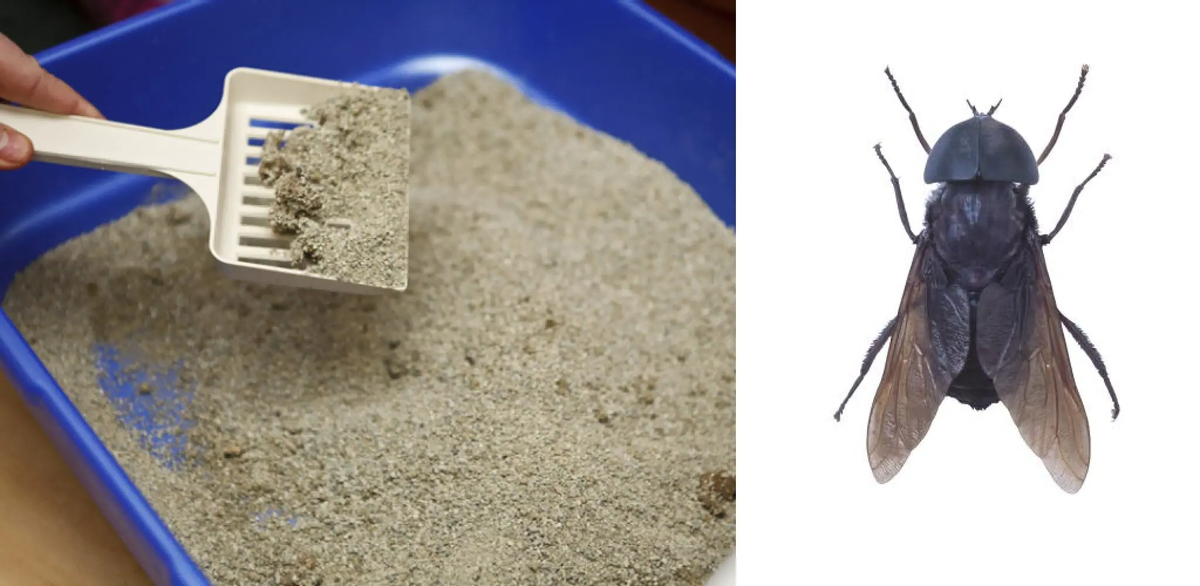
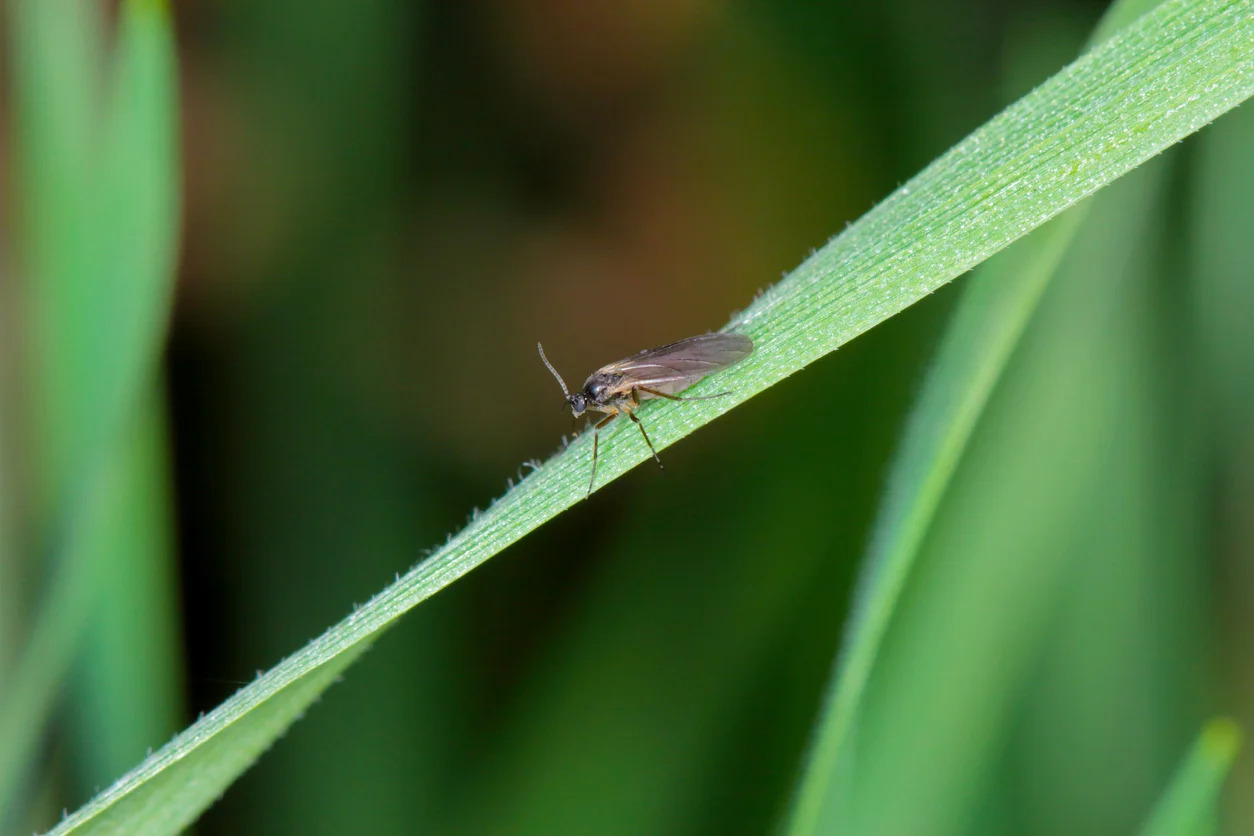
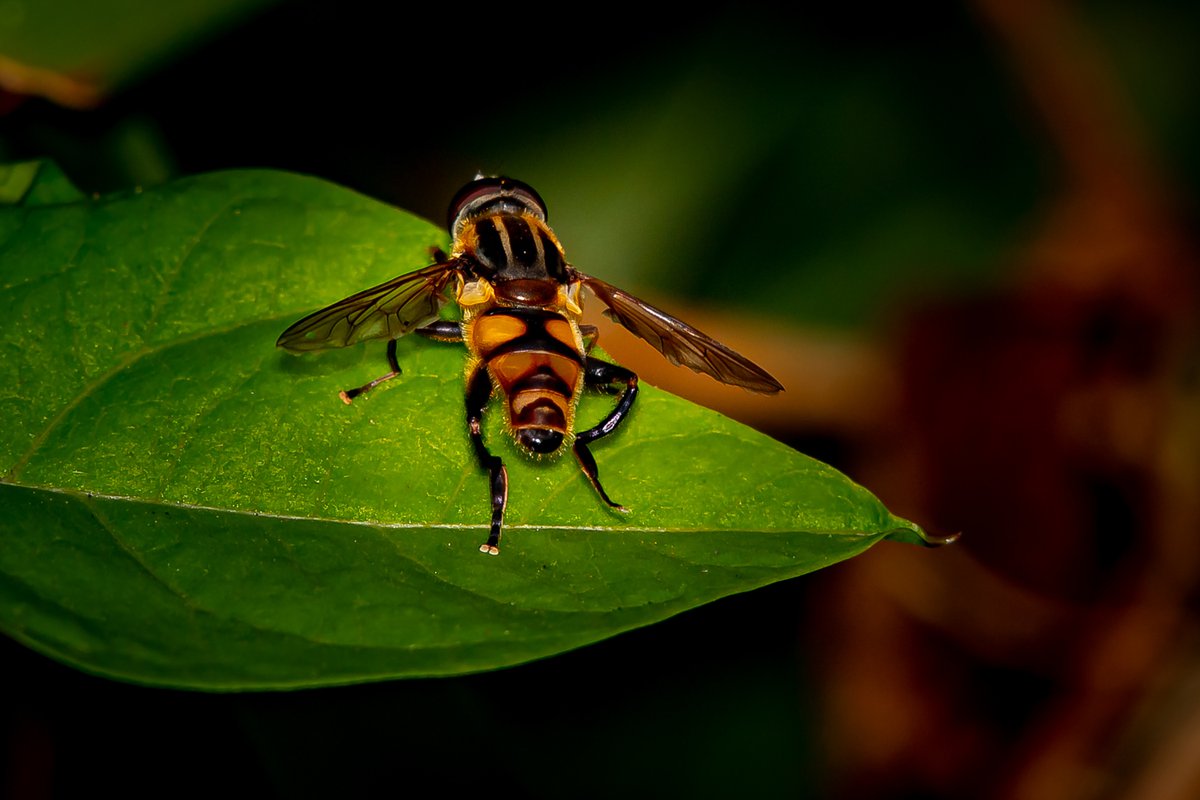
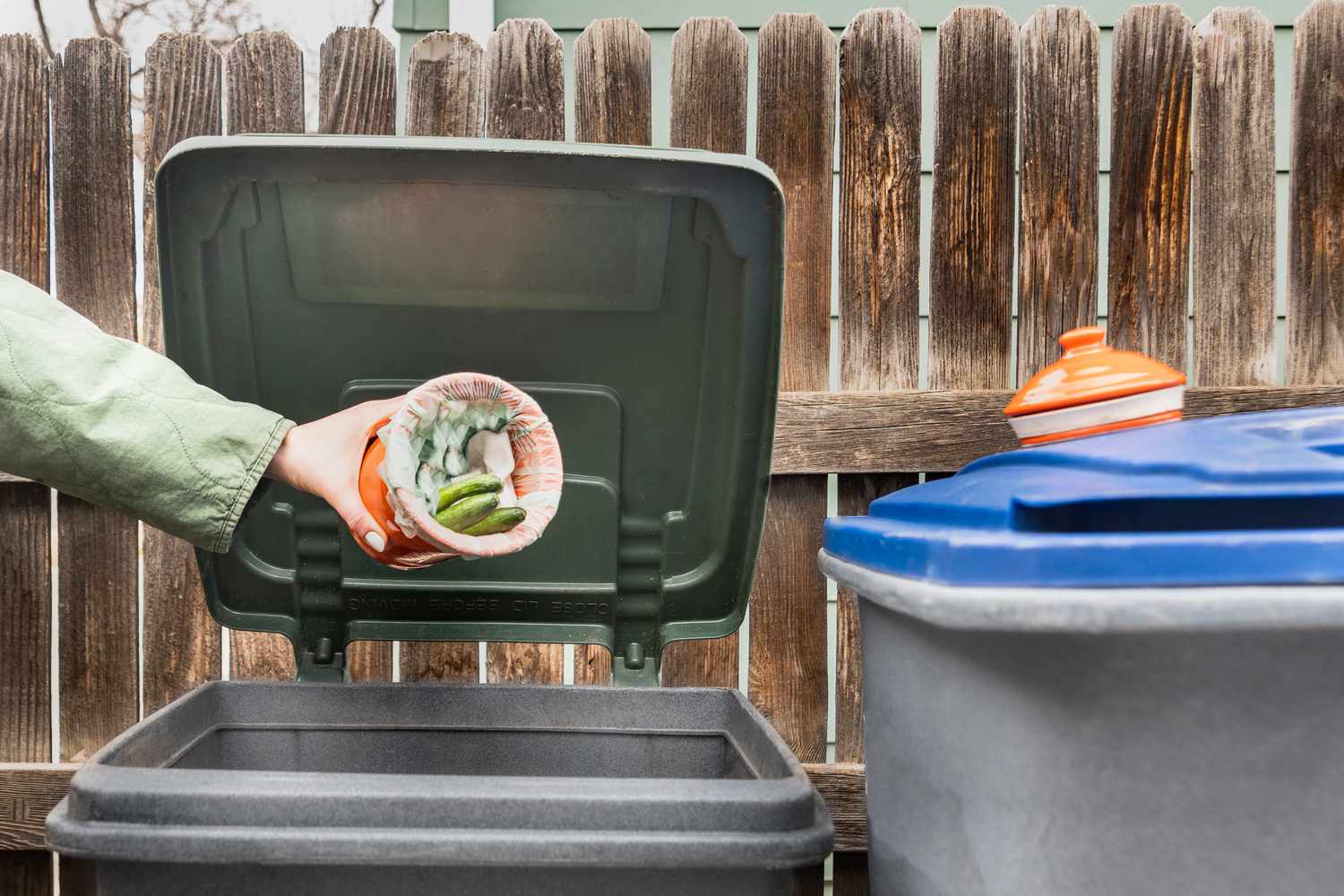
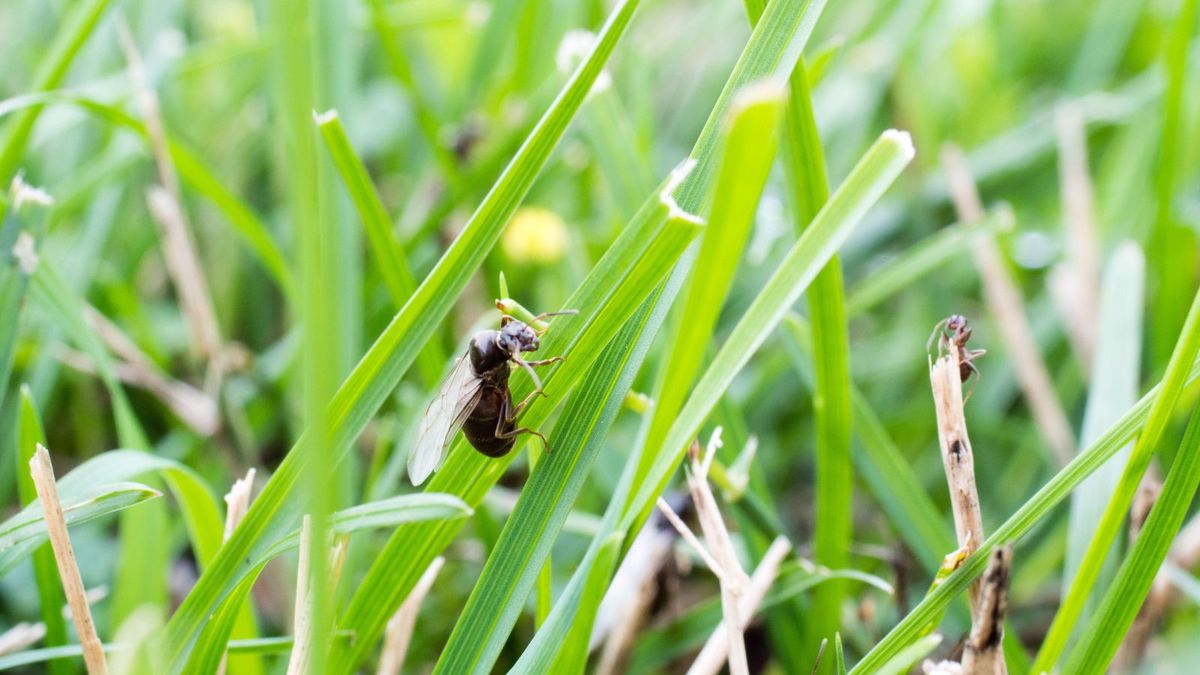
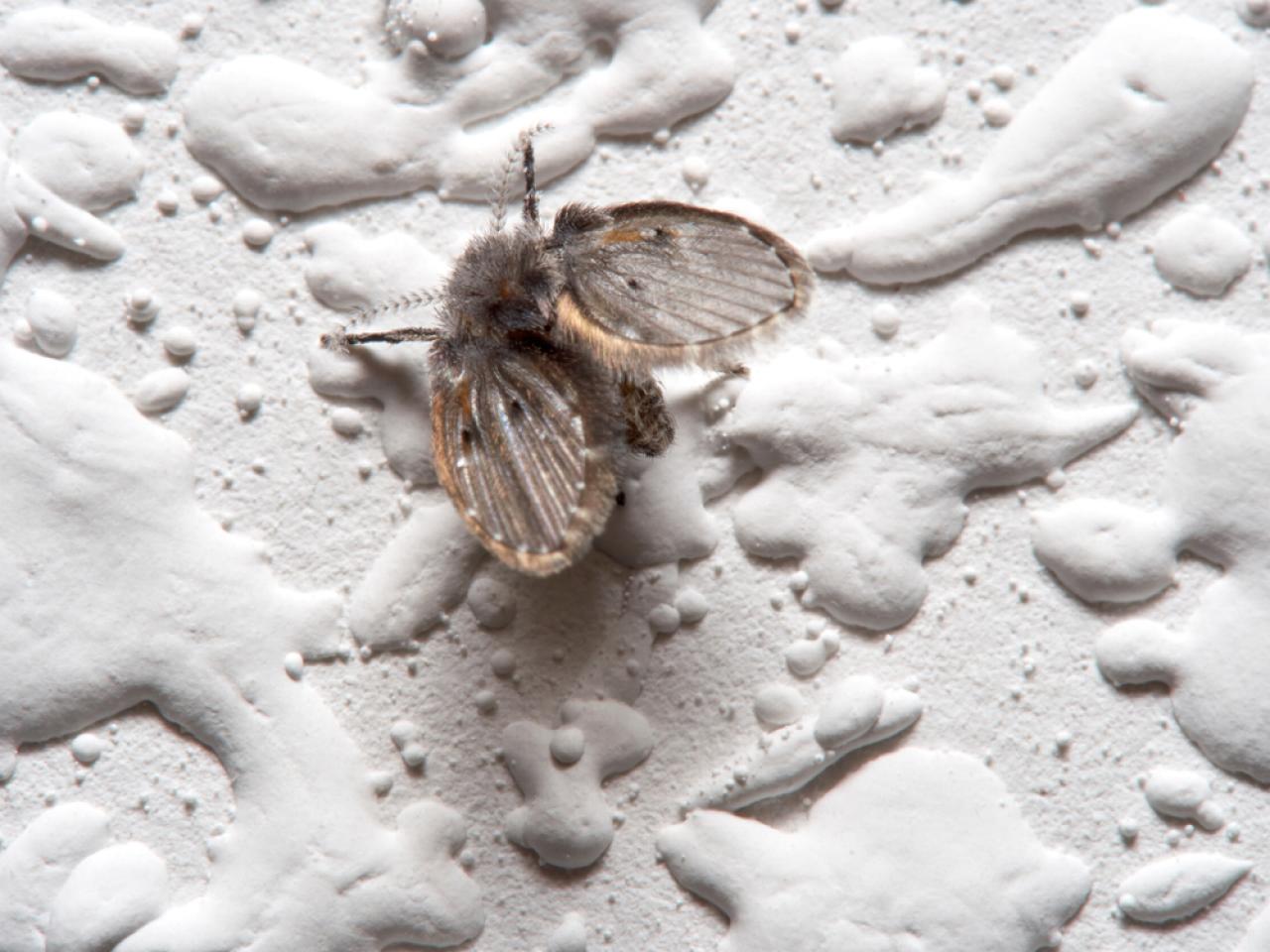
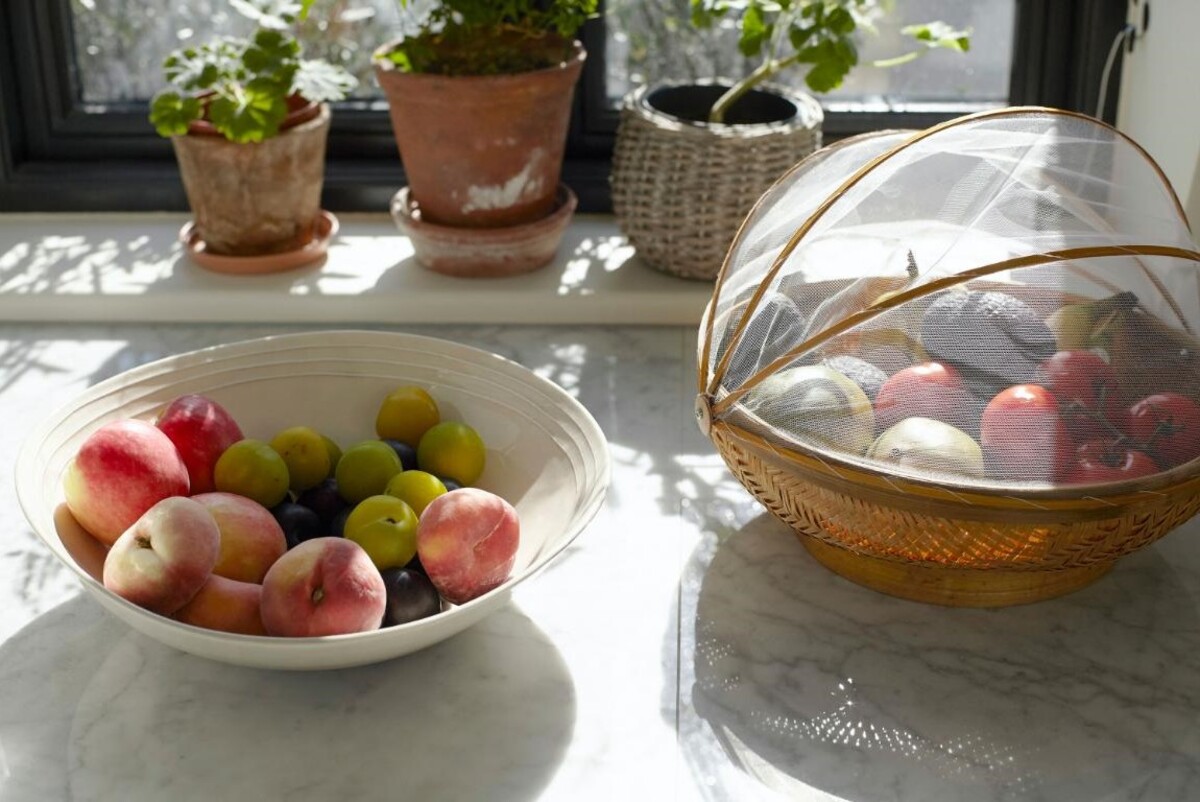

0 thoughts on “How To Get Rid Of Fruit Flies In Trash Can”